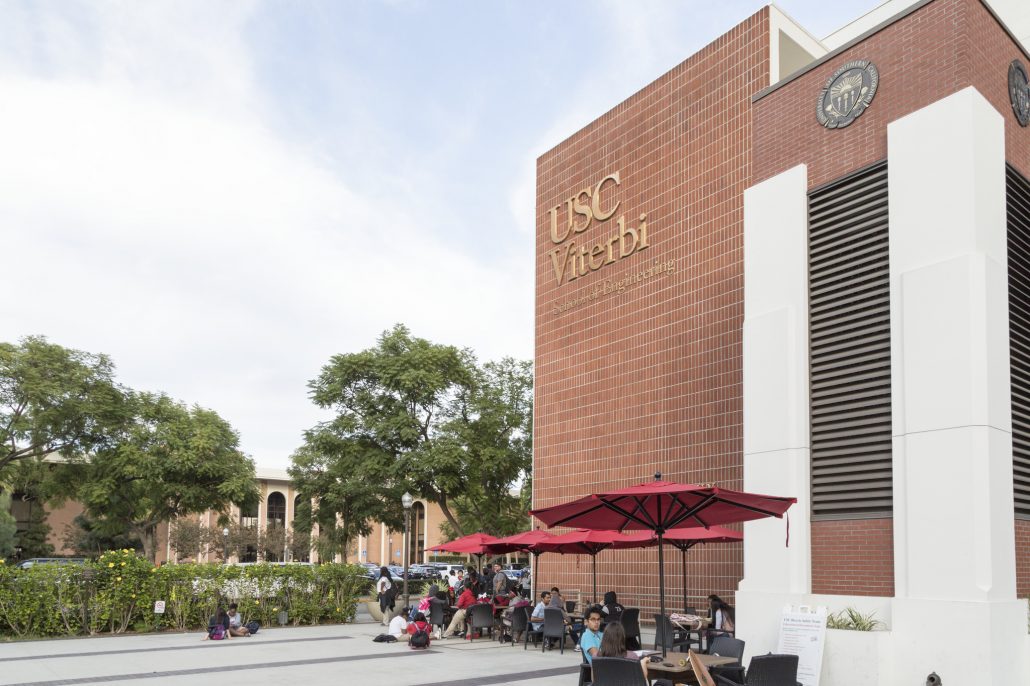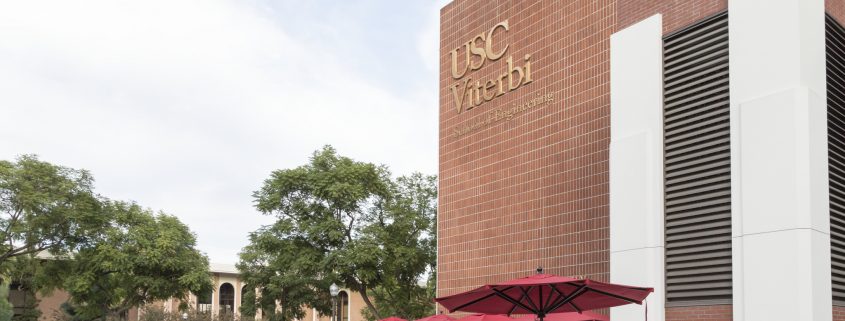Information Sciences Institute opens new career paths

USC’s Information Sciences Institute, a component of the Viterbi School of Engineering, launched a new career track for its research engineers March 1. In recognition of the unique contribution of software engineers in research teams, the overhaul aimed to promote professional growth and address multiple human resource issues within the department.
ISI, which focuses on research and development in information processing and computing, previously provided only two positions for research engineers, which deprived research engineers many valuable opportunities for career development.
“Here at ISI, for many many years, we had Research Programmers I and II, and that was sort of it, even though we have some very talented research engineers who have been with us for many years or come to us with a lot of experience,” said Dr. Terry Benzel, director of the networking and cybersecurity division at ISI who also served as a member of the committee that proposed the new career path.
As such, ISI set out to follow a movement initiated in England about ten years ago that recognized the uniqueness of the software engineer role in research teams. Particularly, ISI developed six positions designated for research engineers to stress the essential difference between research engineers and corporate programmers.
“In industry, a programmer is usually given a very firm specification of what they need to write,” Benzel said. “For me, a research engineer is part of my team. They’re contributing to the research because we don’t always know what we’re building, and we’re exploring what are the kinds of things we need to be doing.”
ISI dropped some technical terms, such as“programmer” or “software,” in its titles to make new positions applicable to all types of engineers. Also, management skills and experience are not mandatory, providing promotion opportunities to research engineers with diversified working styles.
“ISI really tries to be a place where lots of different kinds of people can work,” said Elizabeth Boschee, research team leader and associate ISI director of the artificial intelligence division. “So, in terms of what you can do to be promoted, fundamentally, what it comes down to is a combination of taking more responsibility and achieving technical excellence.”
Through the new career system, ISI looked to solve another critical flaw: inconsistent titles. Following the lack of career development in the prior system, several research engineers opted to explore other career paths like programmer analysts to get promoted.
“USC has many, many job titles … There was no clear sense of career trajectory.” Boschee said. “So, we wanted to make the whole path more principled and more transparent to the people who were involved.”
Committee members expect the new career system to attract additional talent to ISI and boost the retention rate of current research engineers.
“It certainly will help with recruiting and make it really clear why you should be here,” Benzel said. “For retention, it is extremely important for people that are concerned about ‘What’s my advancement?’ They now see that there are ranges that they can move through, and they can have an expectation for promotions on a regular basis.”

